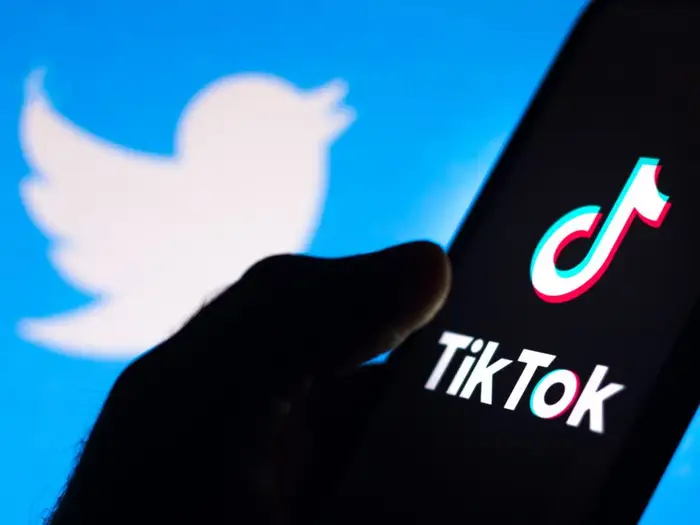Donald Trump has approved a 75-day delay in banning TikTok in the US through an executive order signed on Monday 20 January. The popular video app, owned by China’s ByteDance, faced potential closure due to national security concerns, but Trump suggested the US government should take a 50% stake in TikTok’s US business to secure its future. He also warned of possible tariffs on China if Beijing failed to endorse a deal.
The executive order, announced hours after Trump’s inauguration, sparked legal and political debates about its validity. Congress had previously mandated ByteDance to divest TikTok, a law upheld by the Supreme Court. Critics, including Representative Frank Pallone, argued Trump’s order bypassed bipartisan legislation. ByteDance has not confirmed any binding agreements to sell TikTok, leaving uncertainty over the app’s fate.
Tensions between the US and China underpin the TikTok saga, with Trump’s proposal for government ownership raising eyebrows. The idea would set a precedent, as no major social media platform has faced a ban or such a demand before. While Trump credited TikTok for engaging younger voters, his earlier efforts to ban the app had failed.
China expressed openness to discussions, emphasising that companies should make independent decisions about operations. Meanwhile, Trump’s order directed the Justice Department to assure companies like Google and Apple of no penalties during the delay. Whether the app will return to US app stores remains uncertain as talks continue.

























